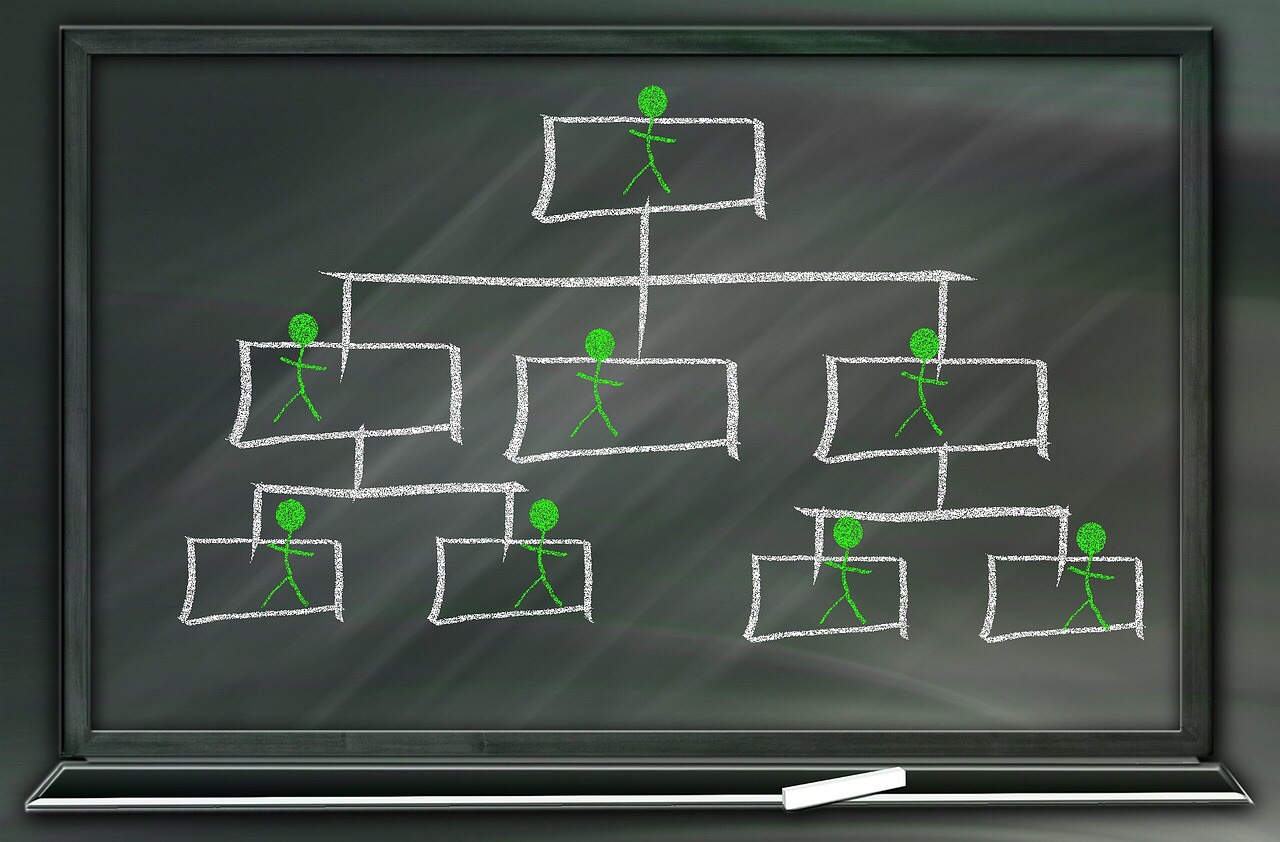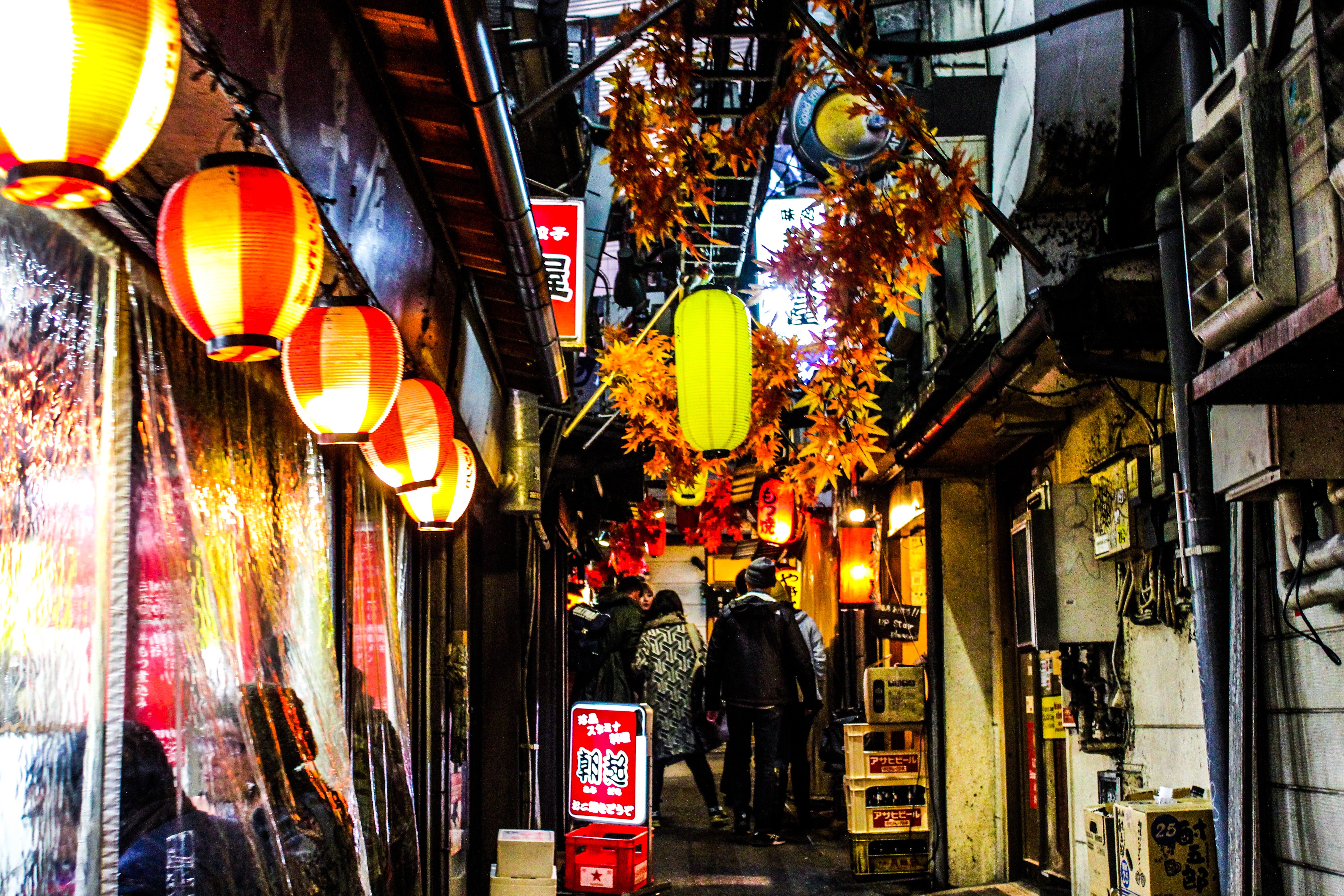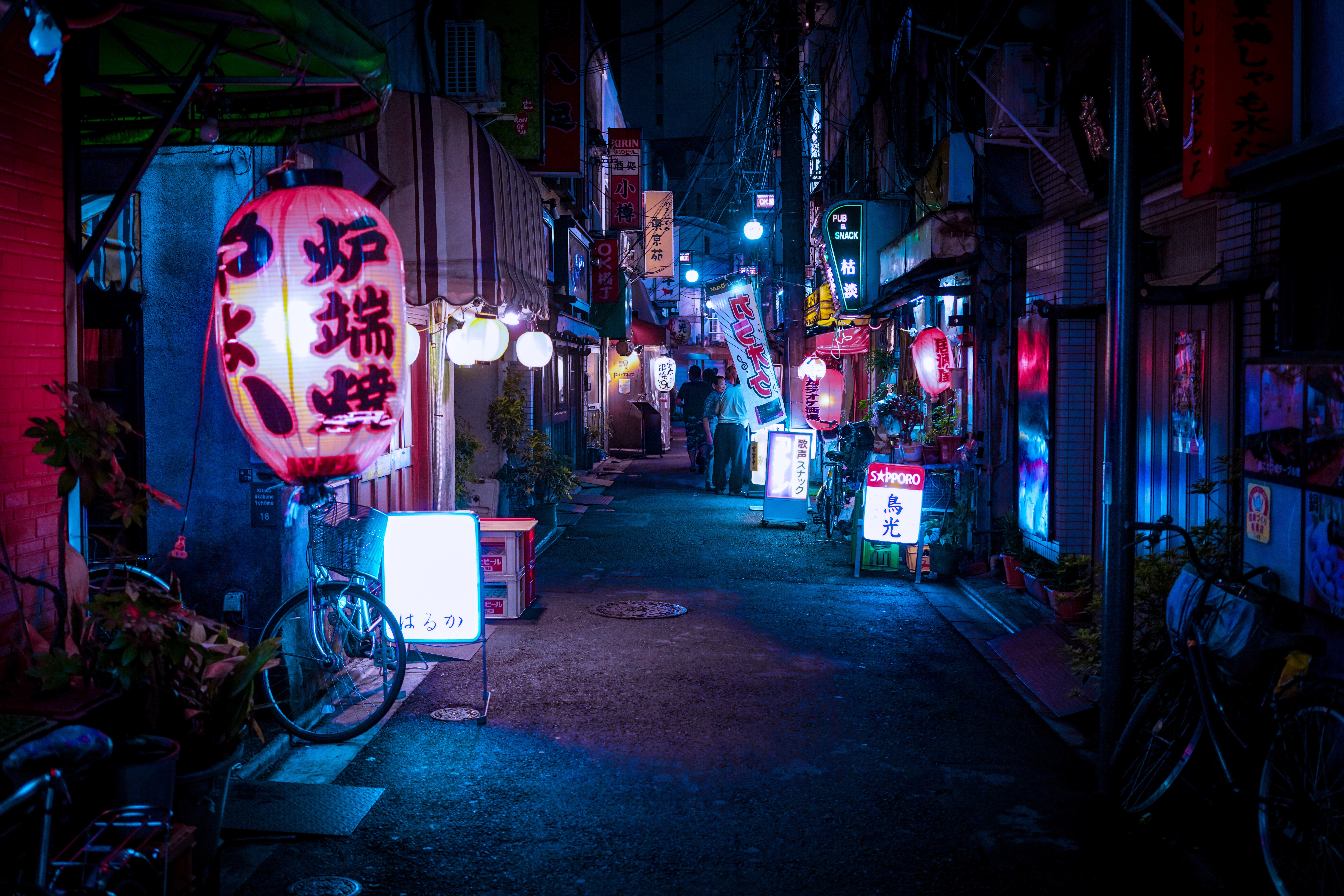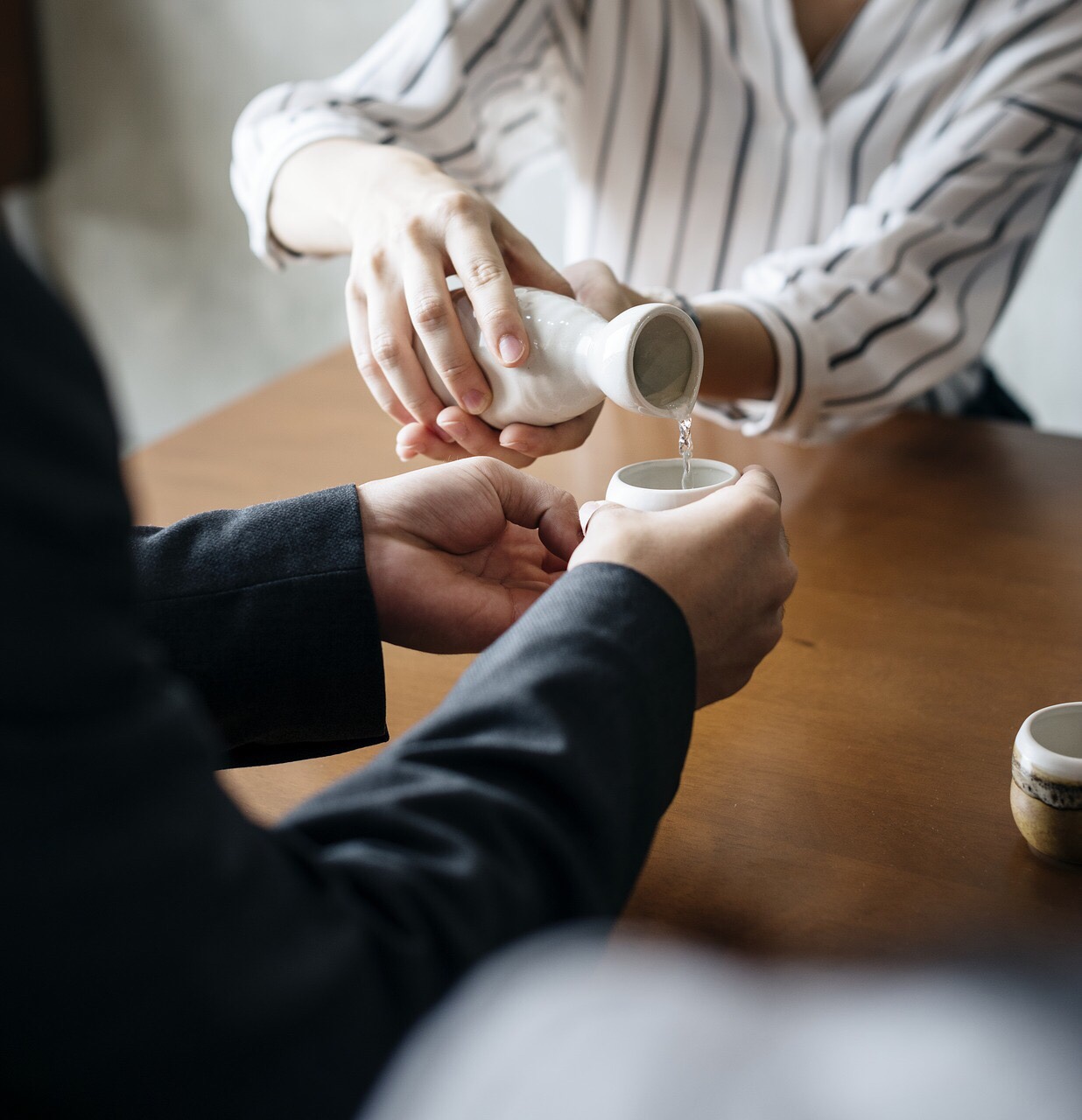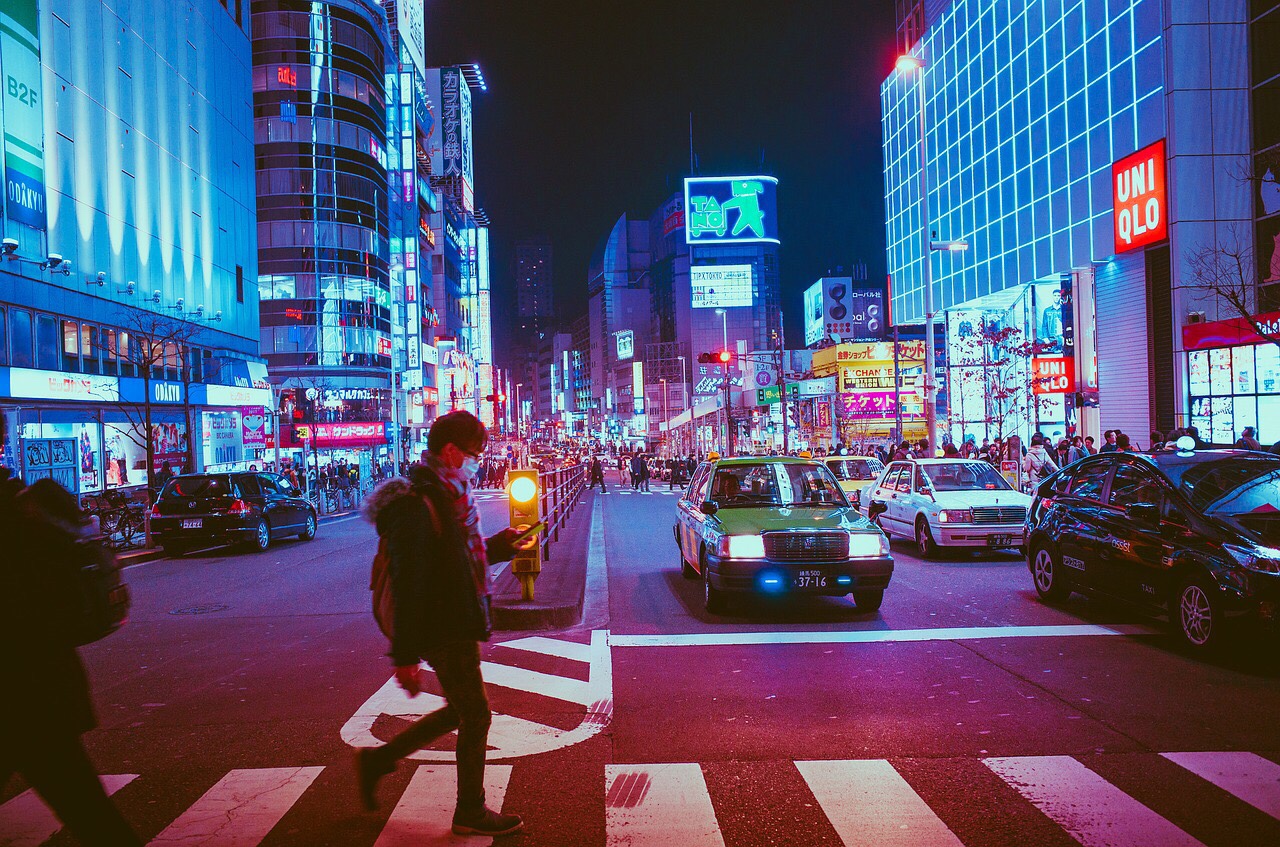
In this article, I will answer the follwing questions.
When you work in Japan, you will come across a time when people start bowing. You’ll feel you need to bow, but When is the appropriate time to bow? How deep do I bow? Why do Japanese people bow?
What tou will learn
Why do Japanese people bow?
I feel that I am credible to write this article because I have 7 years experience at a typical midsize Japenese firm. I have been working from fresh graduate where I had etiquette training, and been working as international sales, and corporate strategist.
1. The 3 Types of Bowing used in business scenes

1-1 Casual bow
The frst first type is a casual bow used for acknowledgement and are used in situations like a casual greeting. Depth of a slight bow is said to be about 15 degrees. This is the bow you would most use in your everyday business scenes. You would use to say hi, to acknowledge, enter and excuse a casual meeting, and all sorts of situations. If the person next to you is bowing, it is usually the situation to do so. This casual bow is used when walking also, so it may be difficult at first, but since it is used so often, and since your Japanese colleagues will probably bow to you when you meet them when walking around the office, you’ll probably get used to it sooner or later.
1-2 Formal bow
Second type is a formal bow, which is used for your customers or your superiors. A formal bow is said to be about 30 degrees. Whenever you do business with your customers or superiors, its better to use a formal bow. Whenever you meet your customers in person, you begin your greetings with a formal bow, and you end the meeting with the formal bow of appreciation.
1-3 Most formal bow
The last type is the most formal type of bow, which is used for the most important persons or for apologetic reasons. The most formal bow is said to be about 45 degrees. You would not use this commonly and you should not for as mentioned above it is mostly used to apologize to your customers.
2. Why do Japanese people bow?
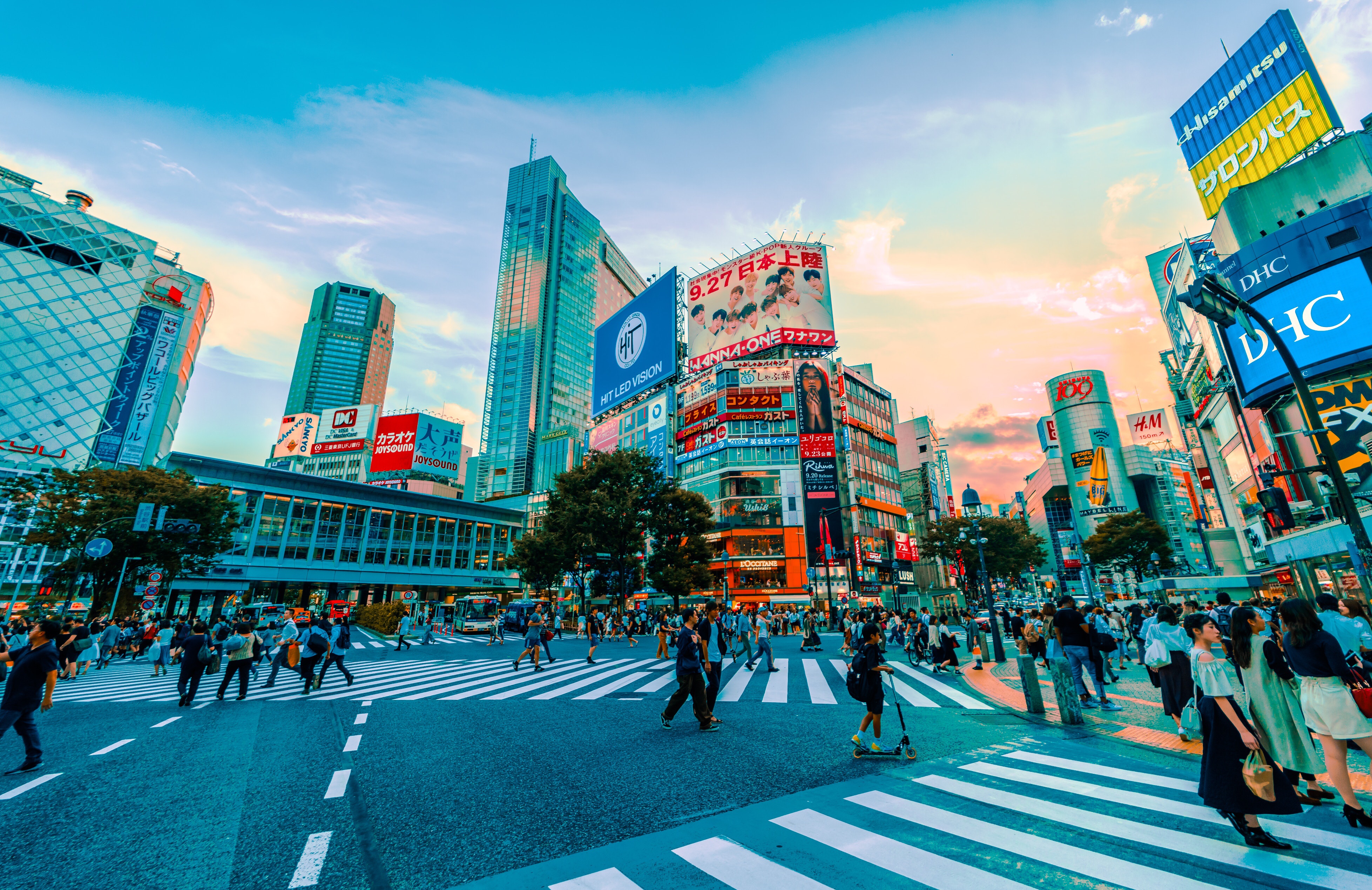
I truly don’t know cultural real reason behind bowing. However what I do know is that Japanese people love formalities. It may be related to the custom of respecting the elderly and superiors. It may also be related to the rituals of Shintō. Since bowing is so natural and deeply rooted to the DNAs of Japanese people, it may be best to respect and master the art of bowing.
Summary
1. Remember the angle and degrees of the types of bowing.
2. Bowing is deeply rooted in DNA of Japanese people.


